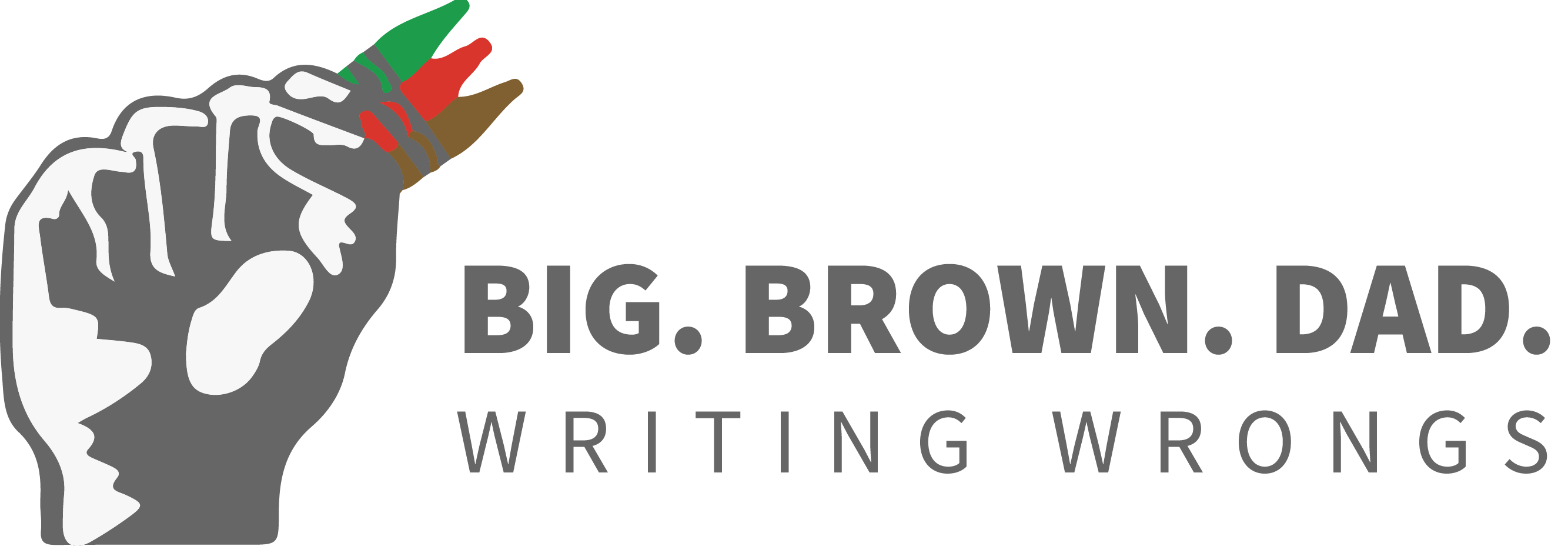This first appeared in in The San Gabriel Valley Tribune and Pasadena Star News.
The best dads work hard. And after nearly three years of parenting during a pandemic, the data demonstrates we’ve worked even harder.
But don’t kick off those boots just yet. Indeed, lace them tighter. We must reckon with the fact that moms continue to outwork dads, inside and outside of the home. And it’s not even close, even if it’s changing.
While the amount of housework married men do has more than doubled since the 1960s, married women still, on average, do twice as much housework as men. Even as the last 15 years has seen women become less likely to be the primary partner handling grocery shopping, laundry, cooking, dishwashing and cleaning, they still occupy those roles in a majority of households. So even while dads are assuming more domestic responsibilities, we haven’t reached parity.
In case you think this disparity is the result of moms being home more often than dads, it’s important to note that when moms have jobs outside of the home, they continue to outwork men inside the home.
In my case, working from home during the pandemic radically increased my domestic workload. I took responsibility for grocery shopping, picking up the kids from school and taking them to football and flag practices. I cook and clean regularly (er, occasionally), too. These responsibilities were previously assumed by my wife, Angie, who has worked full time as director of the Harvey Mudd College Upward Bound Program for the last 20 years. Even then, we haven’t reached parity. As every parent knows, there’s a laundry list of work to do — including laundry.
Why does a more fair split in responsibilities matter? The type of responsibilities parents assume impacts a child’s social outcomes.
A recent Harvard Business School Report noted the impact gender roles play in a child’s expectations and behavior. Sons of working moms tended to hold more egalitarian gender attitudes. Daughters whose mothers worked outside the home were more likely to hold leadership roles at work and earn higher wages than daughters whose mothers stayed home full-time.
We’ve seen this begin to bear out in our kids, Joaquin (10) and Maya (13). Joaquin eschews traditional gender assumptions. A budding politico, he lobbied for L.A.’s first woman mayor and he regularly chooses mom as his quarterback during our intramural games. Maya understands the importance of leadership. When she was 6, she started The Cozy Collection, a family service project that has donated over 20,000 pairs of socks to the homeless across the San Gabriel Valley and Inland Empire. When dads step up, it has a real impact.
But dad’s newfound duties mustn’t stop at doing the dishes. It should include childcare, in a broad sense of the term. Childcare, and the emotional labor it entails, is often wrongfully thought of as mom’s work. This turns on the premise that dads are unwilling to develop emotional intelligence. This assumption is wrong.
In May 2021, the Office for National Statistics found that while women still performed more childcare, the gender care gap narrowed. In 2015, men were spending 39% of the time that women spent on childcare. During lockdown, that number increased to 64%.
Dads are not only capable of assuming more emotional labor, we’re a primary beneficiary of the work. When we exercise our emotional muscles, we not only experience the immediate rewards of filial connection but we set ourselves up for future success, too. As our kids mature, we’ll need an even stronger set of emotional resources to help them navigate the world.
Dads need to do more. We’re capable.We’re powerful. We’re important. And our children, partners and society will be the better for it.
Carlos Aguilar is editorial director at Quantasy and Associates and publisher of bigbrowndad.com, a fatherhood blog.

